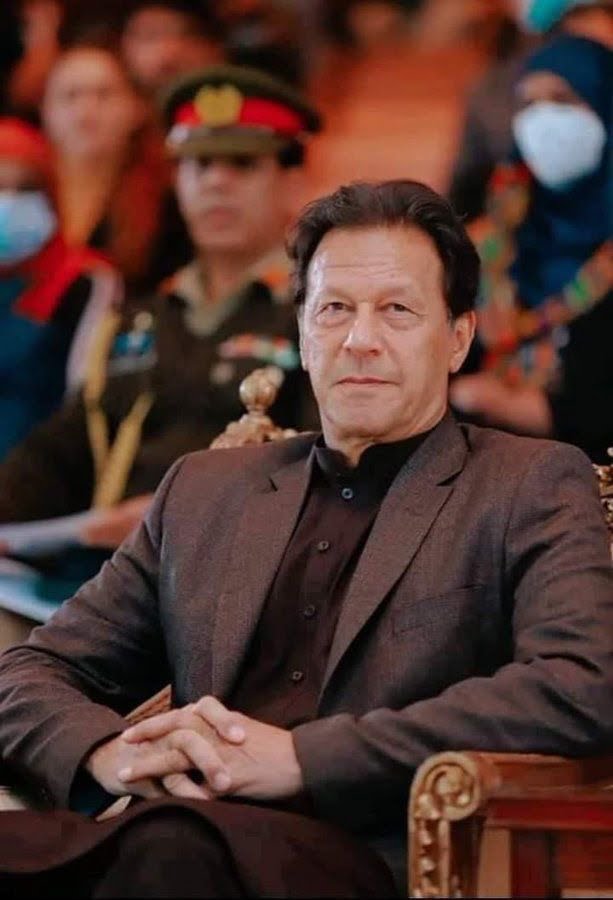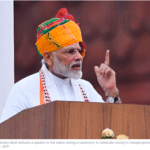Former prime minister and chairman of Pakistan Tehreek-i-Insaf (PTI), Imran Khan, has expressed concerns about the brewing judicial crises in Pakistan. He warned that foreign investors may be getting a troubling message after the Pakistani government’s decision to not accept the Supreme Court’s decision in the Punjab polls delay case.
The federal government demanded that Chief Justice of Pakistan (CJP) Umar Ata Bandial step down, claiming that his position had become “controversial” after Justice Athar Minallah’s note in the case. Justice Minallah stated that the Supreme Court’s suo motu notice over the delay in the announcement of provincial assembly elections was dismissed by a majority 4-3 ruling. This ruling was rejected by the government, who labeled it a “minority verdict,” with the National Assembly also passing a resolution against the top court.
Imran Khan took to Twitter to express his concerns over the situation, warning that investors may lack confidence in a country’s judicial system if the government disregards court orders. He said, “Investors need security of contracts & that means faith in judicial system. What confidence can they have when govt itself casting aside SC orders? This happens in a banana republic.”
Imran Khan also claimed that the sedition cases filed against him and the imprisonment of senior party leader Ali Amin Gandapur are attempts to undermine their party’s ability to contest elections. He alleged that this was part of a “London Plan” in which Nawaz Sharif was given assurances that PTI would be crushed before elections through fake cases and imprisonment of its leadership.
The government’s refusal to accept the Supreme Court’s decision has raised concerns about the state of the country’s democracy and judicial system. It remains to be seen how this situation will be resolved and what impact it will have on the country’s economy and its relations with foreign investors.
This situation is concerning for Pakistan, which is currently struggling with an economic crisis and needs the support of foreign investors to stabilize its economy. The lack of faith in the judicial system and government’s disregard for court orders may deter foreign investors from investing in the country, which could further exacerbate its economic crisis.
The PTI’s call for early elections in Punjab and Khyber-Pakhtunkhwa provinces is part of its campaign to force an early general election. However, Prime Minister Shehbaz Sharif has rejected Imran Khan’s call for an early general election, and his government had backed the Election Commission of Pakistan (ECP) delay in the votes in the two provinces to Oct 8.
The situation in Pakistan is concerning, and it remains to be seen how it will be resolved. The government’s refusal to accept the Supreme Court’s decision and the lack of faith in the judicial system may deter foreign investors from investing in the country, which could further exacerbate its economic crisis. The PTI’s call for early elections is part of its campaign to force an early general election, but the Prime Minister has rejected this call. The future of Pakistan’s democracy and its relations with foreign investors remains uncertain.












